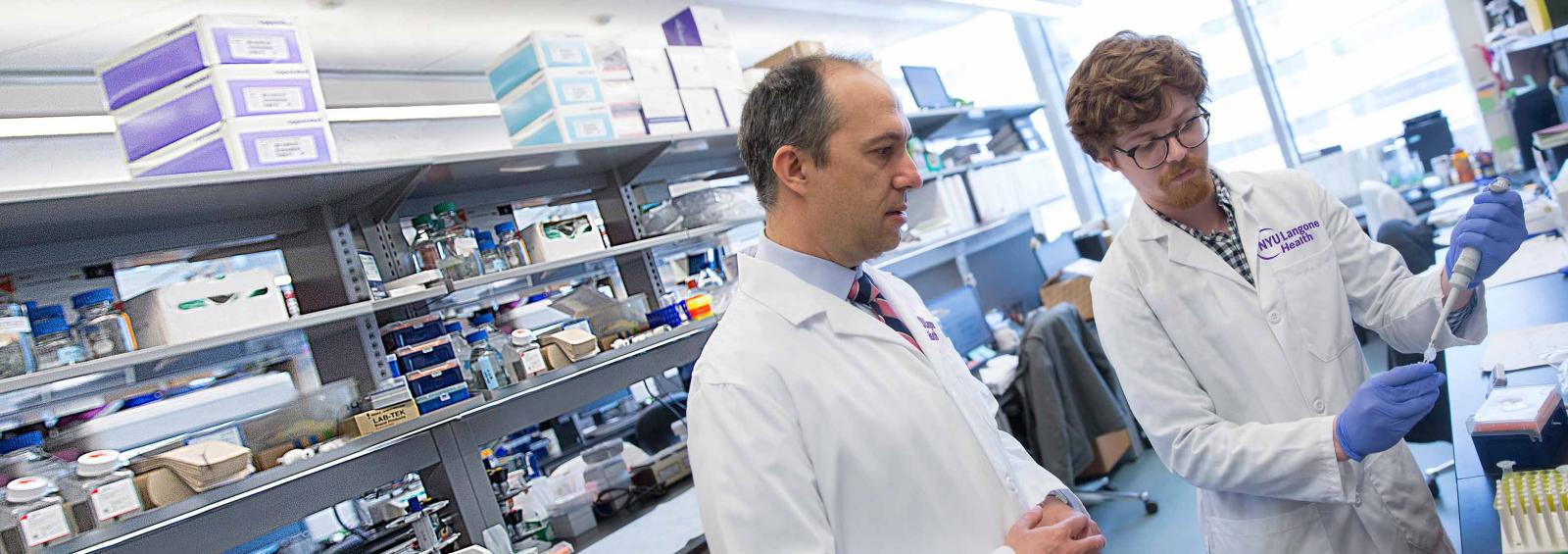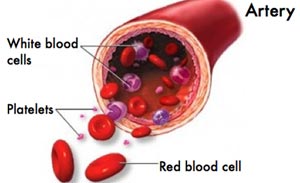Berger Lab

A major goal of the lab is to study the role of platelet activity in cardiovascular disease and other inflammatory disease processes. By understanding the platelet transcriptome, platelet activity and platelet as an effector cell, we hope to:
- Mechanistically understand the role platelets play across different disease processes
- Understand which populations are at greater risk for platelet mediated events (e.g. heart attacks and strokes)
- Investigate whether targeting of the platelet can lead to lower risk of adverse cardiovascular events
What are Platelets?
Platelets, also known as thrombocytes, are tiny cells that circulate in your blood, like red and white blood cells. Once platelets are made and deposited into your bloodstream, they circulate for ~10 days. Platelets help your blood form clots to stop bleeding. Most platelets in a healthy individual are kept inactive due to feedback inhibition.

When a person gets a cut, they expose the endothelium lining of the blood vessel. The platelets recognize the injury and become activated due to the break in the lining. Activated platelets adhere to the vascular wall and recruit more platelets to seal the breach.
Platelets also play an important role in heart attacks, strokes and peripheral artery disease. Blood vessels injured by smoking, cholesterol, diabetes or high blood pressure develop plaques that line the blood vessel wall; these plaques can rupture or erode and cause the platelets to form a clot.
Our Focus
Our research program is investigating the role of platelet activity and thrombotic biomarkers in cardiovascular disease. The laboratory uses the latest techniques in genomics and molecular biology to elucidate the contribution of platelet activity to different cardiovascular disease phenotypes, rheumatological diseases, HIV and other inflammatory disease processes. We use novel laboratory techniques to investigate the genetics of platelet activity and the mechanism of how platelets contribute to atherosclerosis and thrombosis.
Contact Us
Jeffrey Berger, MD
Principal Investigator
Associate Professor of Medicine and Surgery
Office
NYU Grossman School of Medicine
530 First Avenue
Skirball 9R
New York, NY 10016
Phone:212-263-4004
Lab
NYU Grossman School of Medicine
Department of Cardiology
435 E. 30th Street
Science Building, 723L
New York, NY 10016
Tel: 212-263-9493